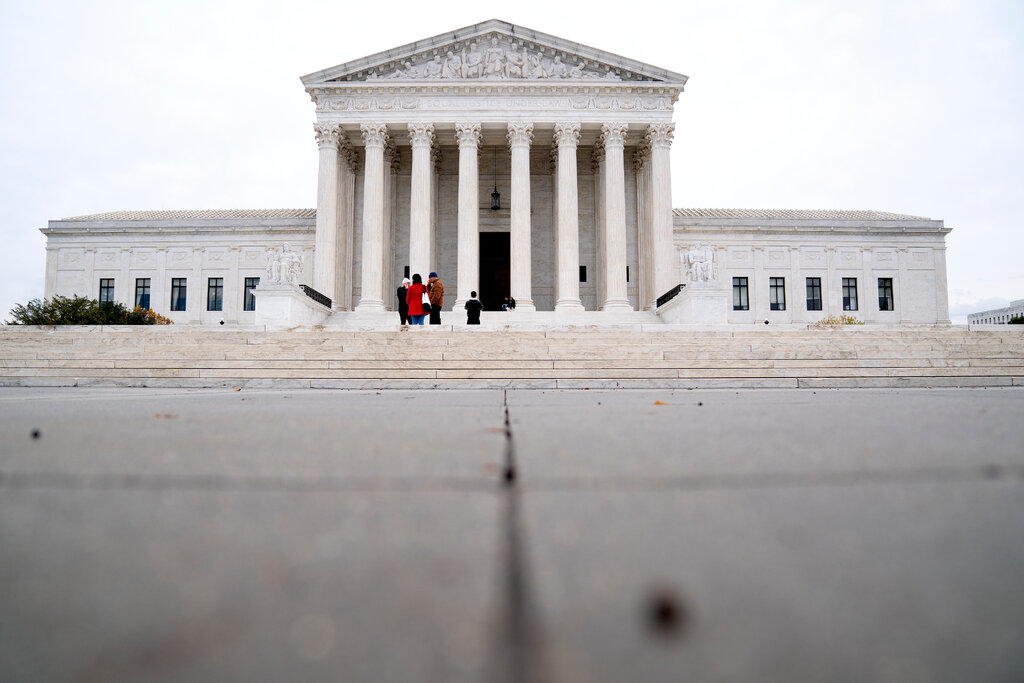By K Raveendran
The decision by the Supreme Court this week that the powers of the Centre and the States to legislate on GST-related issues are equal debunks the idea that the Centre can ride roughshod over the states, as it has been happening to a large extent. The court’s judgment also strengthens the cause of the states, which have been complaining about the Centre’s unfair practices.
Stressing the importance of ‘cooperative federalism’ for the wellbeing of democracy, the Supreme Court held that Union and State legislatures have “equal, simultaneous and unique powers” to make laws on GST and the recommendations of the GST Council are not binding on them.
The court held that according to the Constitution Amendment Act of 2016, parliament intended for the recommendations of the GST Council to only have a persuasive value, particularly when interpreted along with the objective of the GST regime to foster cooperative federalism and harmony between the constituent units.
The bench comprising Justices D Y Chandrachud, Surya Kant and Vikram Nath pointed out that the ‘recommendations’ of the GST Council are the product of a collaborative dialogue involving the Union and States and therefore considering these as binding edicts would disrupt fiscal federalism, where both the Union and the States are conferred equal power to legislate on GST.
The court further asserted that it is not imperative that one of the federal units must always possess a higher share in the power for the federal units to make decisions. Indian federalism is a dialogue between cooperative and uncooperative federalism where the federal units are at liberty to use different means of persuasion ranging from collaboration to contestation.
Many states, particularly the opposition-ruled states of Kerala, Bengal, Delhi and Punjab, have been complaining about the Centre’s high-handedness in the fiscal issues related to GST. The compensation to be provided to the states for loss of tax revenue on account of the adoption of the new GST regime has been a constant irritant between the Centre and the States.
The Centre is committed to compensates states bimonthly for any shortfall they incur in the first five years of the implementation of GST considering a 14 percent growth in subsumed indirect taxes. But the Centre has been defaulting on payments on various pretexts, including blaming them for resorting to ways and means route or market borrowings to manage their acute fiscal pressure.
A joint statement of the finance ministers of opposition-ruled states had pointed out that GST revenues accounted for nearly 60 percent of the states’ tax revenues and the delay in the central payments was causing deficits of up to 50 percent of the total GST dues. The Centre has virtually been arm-twisting the states on their borrowings on the issue.
In fact, the Centre has been hardening its stand even on the payment of compensation already due to them. It is said to be even toying with the idea that the states no longer deserve central compensation as the GST revenue collections have been showing robust growth in recent months and as such do not need compensation.
Apparently, there has been a growth of 20 percent in GST revenue collections in April as opposed to 14 percent backed by GST compensation from the Centre. This is in the wake of a significant recovery in the private consumption expenditure to pre-pandemic levels, boosting tax revenues.
The landmark GST verdict has described many of the central government’s assertions as farfetched and unreasonable. It pointed out that the provisions of the IGST Act and CGST Act to the effect that the Union government is to act on the recommendations of the GST Council must be interpreted with reference to the purpose of the original enactment, which is to create a uniform taxation system. The GST was introduced since different States could earlier provide different tax slabs and different exemptions. Merely because a few of the recommendations of the GST Council are binding on the government, it cannot be argued that all of the GST Council’s recommendations are binding, the court emphasised. (IPA Service)

 Remembering Rammohan Roy On His 250th Birth Anniversary On May 22
Remembering Rammohan Roy On His 250th Birth Anniversary On May 22 